AI is not a substitute for human judgement: Carat's Sanjay Nazerali
“See things differently,” was Carat Global Chief Strategy Officer Sanjay Nazerali’s call to action as he gave his insights on the changing perspective on globalisation, convergence, data and innovation.
Speaking at a Knowledge Seminar at the just concluded Goafest 2017, Nazerali said, “Data has indeed enabled us to get close to our consumers.” He spoke about cross border e-commerce, which by 2020 is expected to represent 30 per cent of e-commerce in the world, and about the transformation from physical goods to data and information. He also spoke about the transformation from capital intensive to knowledge intensive culture, and how the digital revolution has impacted education market (Case in point, LinkedIn buys $1.5 billion Lynda.com). He was quick to point out that businesses based on transferring knowledge are winning over businesses transferring physical products.
Praising Prime Minister Narendra Modi’s demonetisation drive, Nazerali said that it represented the shift of legacy infrastructure to digital infrastructure. He also explained how digital was no longer a screen one went to; it’s everywhere. “There’s a reverse takeover of life by digital. The dish of the day is data and this marks the return of marketing,” he noted.
Nazerali concluded his session with the message: there’s a huge difference between what is true and the truth. And sometimes gut is more powerful than data.
Adgully caught up with Sanjay Nazerali on the sidelines of Goafest 2017 and had a freewheeling conversation with him on his Goafest experience, brands in a mobile era, innovations in brand communication and more. Excerpts:
How was your experience at Goafest 2017?
This was my first time at Goafest and I am amazed by it. Anushka’s performance yesterday was incredible, but I am also amazed by the award entries. Almost every award entry had a pro-social dimension and I think our industry is moving towards a world where brands need more than positioning in the market, you need a purpose and a societal purpose and brands have to play a role in the society.
What are the key developments that you have observed in the content marketing space in last 5 years?
I love content marketing because the key thing about advertising is that it tries to interrupt and force its own commercial messages down people’s throat and content has always been what people look for when they look for information on education, utility, entertainment. The beauty of content marketing is that brands can now deliver utility and information that helps society and make consumer’s life better.
Please shed some light on global innovation in media and brand communication. Are you well versed with the Indian scenario in the spectrum?
Globally, the most interesting thing that is happening is that by 2018, there will be more connected things than there are connected people. This is going to be the most important development over the next few years, which is, how do we stop thinking of digital as a place that we go, but as a part of our world just like spectacles or water, for instance. The challenge and opportunity for brands will be how do we see medium as a totality of the physical space.
How do you see mobility and online video disrupting the ecosystem at large?
The single business risk that we face is to go down the route where we use artificial intelligence as a substitute for human judgement. The beauty of humanity is that we are all a little mad, irrational, crazy people and I believe we have to rebalance all these fantastic ways of optimising the world, AI being one of the most important. We have to rebalance it by giving freedom to ourselves to be a little mad and invent not only to make things a little better, but to make it different.
According to you what are the opportunities and challenges for marketing in a mobile age?
The massive opportunity for mobile is to achieve what marketers always wanted to achieve, which is to be relevant. But how can it be relevant to me when you put ads of food on my television when I'm not hungry. The beauty of mobility is that gives marketers access to me in the here and now. What am I hearing in this precise moment, what do I want to do in this precise moment of time and mobility has a beautiful way of saying – I will respect who you are, where you are, what you are doing and what mood you are in, and that becomes relevant. The challenge is always going to be around privacy. Maybe I don't want to hear you at that points of time and the answer to that is trust. You can have all the data in the world as a brand, but you won’t have the right to leverage it if your consumer does not trust you. So, how you build trust is something that they will appreciate.
Could you sum up a few elements necessary to make a brand successful in the long run?
First, we have to build trust and transparency, we have to be open about why we are making decisions that we are making or what we are selling. I am interested in different trust ratings between Google V/s Amazon. When Google serves you an ad, people don't trust Google with their data, but when Amazon serves an ad, everyone trusts them because they are so transparent.
Second, don’t be a part of my shopping basket, but be a part of my culture and how I live my life. Uber has changed the way people lead their lives.
Third is societal values. Increasingly, millennials like brands that actually play a role in the society and have a purpose and that’s going to be really important for long-term brand health.
Lastly, does this brand have a right to exist? What is it doing in a human being’s life that is actually helpful? Brands often worry about how they are going to meet the next quarter’s sales. While sales are important, they are not the only important thing. Building brand equity over a long period of time does pay back.



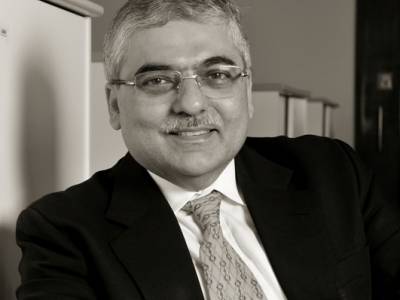
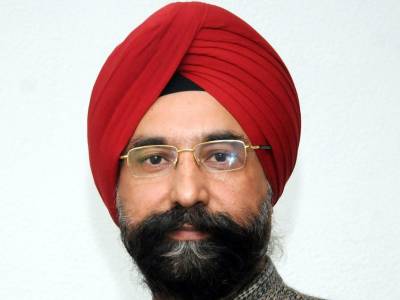
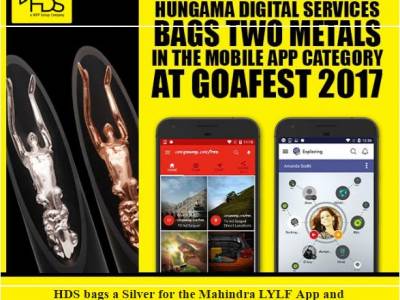


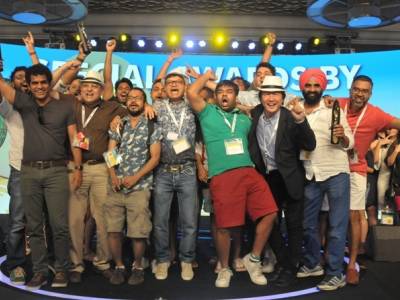
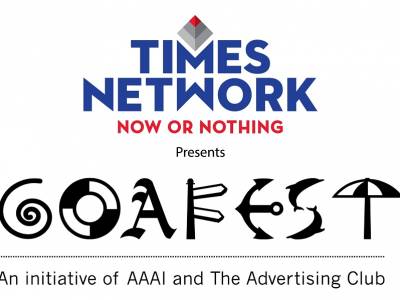

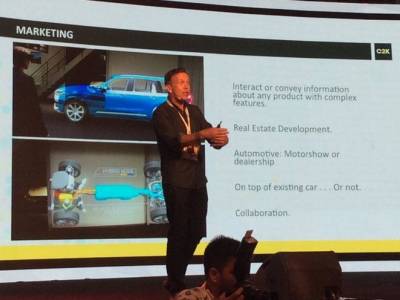
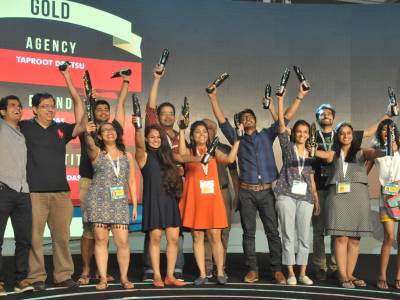
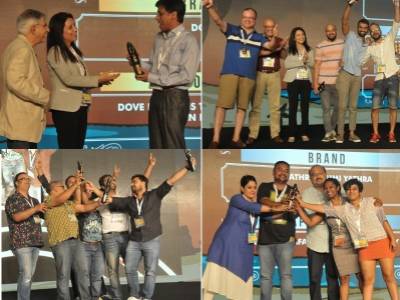
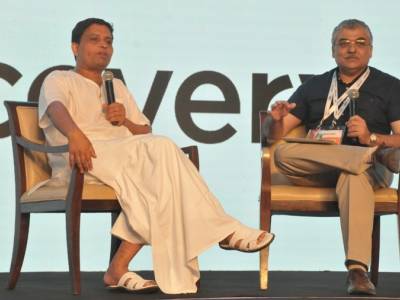

Share
Facebook
YouTube
Tweet
Twitter
LinkedIn